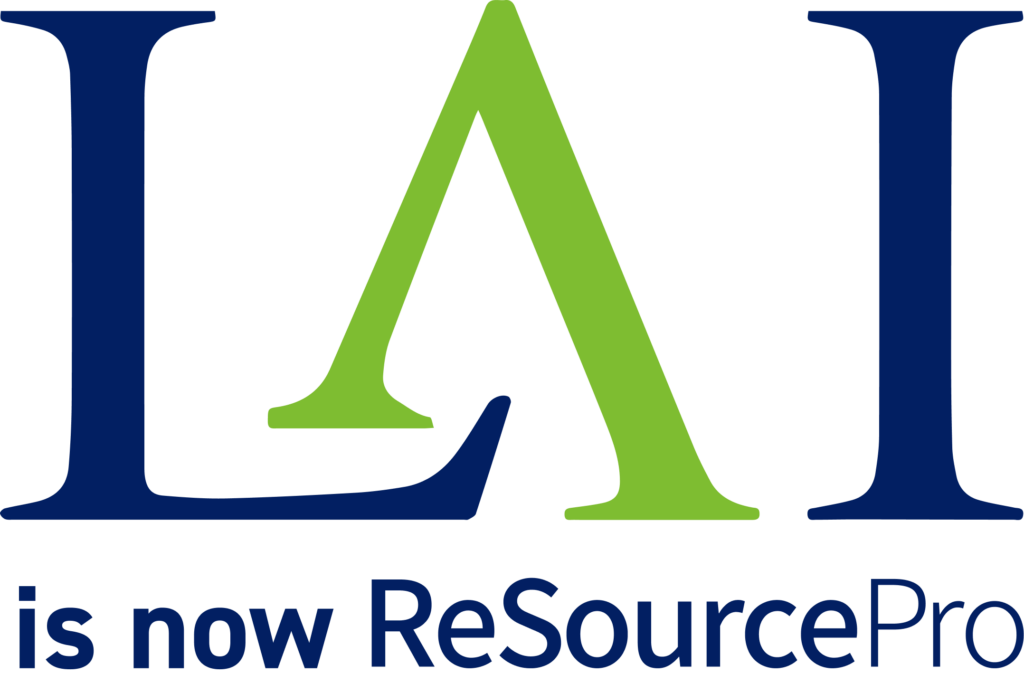
Period Adjustments
If a policy period start date is not within 15 days of the beginning of a calendar year quarter (Jan 1, Apr 1, Jul 1, Oct 1), an adjustment is required to match the four quarterly reports and the payroll for the audit.
Audit period
The period of time the auditor uses for collecting data to develop exposures for the audit. Often the same period of time as the policy period.
Business Operations
Operations performed by a business, whether by principals, employees, non-employees, or subcontractors. Business operations qualify as any operations performed by anyone paid by the entity to perform work on their behalf.
Contract Labor
Individuals who are not paid through W2 payroll but paid as 1099s. Usually listed as names of individuals and not business entities.
Certificate of Insurance
Proof that a business has coverage for one or more lines of insurance. When certificates of insurance are requested for subcontractors that the audited business used, they should include coverage for the same policy type being audited. Ensure that the certificate of insurance time period covers the majority of the audit period.
Commercial package policy
A policy which combines general liability coverage with commercial property insurance. This policy may also include other coverages like business interruption, builder’s risk, commercial auto, inland marine, and boiler and machinery.
Control ID
A reference number Lowry & Associates uses to sort audits between different insured businesses. (Must reference anytime information is being given over email, fax, or phone)
DE9/DE9C
Unique forms used in California for their state quarterly forms. These are used to reconcile California payroll tax payments and the total subject wages reported for the quarter.
FEIN
The Federal Employer Identification Number or Federal ID number of a business.
This is necessary to ensure the audit is being conducted for the correct business.
Duties
Duties are the work performed by the individuals working during the audit period. Duties are used to determine the code to assign the individual on the audit.
Garage Liability
A type of umbrella insurance policy that provides coverage for day-to-day operations of a business in the automotive industry. This is usually purchased by dealerships and auto repair/body shops to cover property damage for a bodily injury resulting from operations.
General Liability Policy
A type of business insurance to protect a business from general business risks. Policies may cover items such as property damage, employee injury, court costs, and settlement claims.
Material Cost
Material cost is the cost of materials paid either by a contractor who purchased materials directly from suppliers and provided them to insured subcontractors OR paid by someone other than the contractor and provided to subcontractors.
Example: If the contractor being audited is building a house for a client, and the client’s neighbor provides tile for the house that is installed by a subcontractor of the contractor being audited, the cost of the tile materials would need to be determined and included.
Policy Number
A unique number that is associated with the insurance policy through your carrier.
Policy Period
The period of time an insurance policy covers an insured. In most cases, this is a one-year period, unless the policy is a short-term policy, multi-year policy, or cancellation policy.
Premium Audit
A review or reconciliation performed for an insurance policy. This can cover many different types of policies including Worker’s Compensation, General Liability, and Garage Liability.
State Quarterly Reports
State forms filed by most businesses to report their payroll and payroll taxes to the state on a quarterly basis. State quarterly reports are a verification source used to verify original payroll records.
Subcontractor
Businesses that are contracted by others to perform work for them Contractors often hire subcontractors to complete specific trades on construction projects that their employees are unable to perform.
Workers’ Compensation Policy
A type of business insurance that provides benefits to employees who suffer work-related injuries or illnesses.

